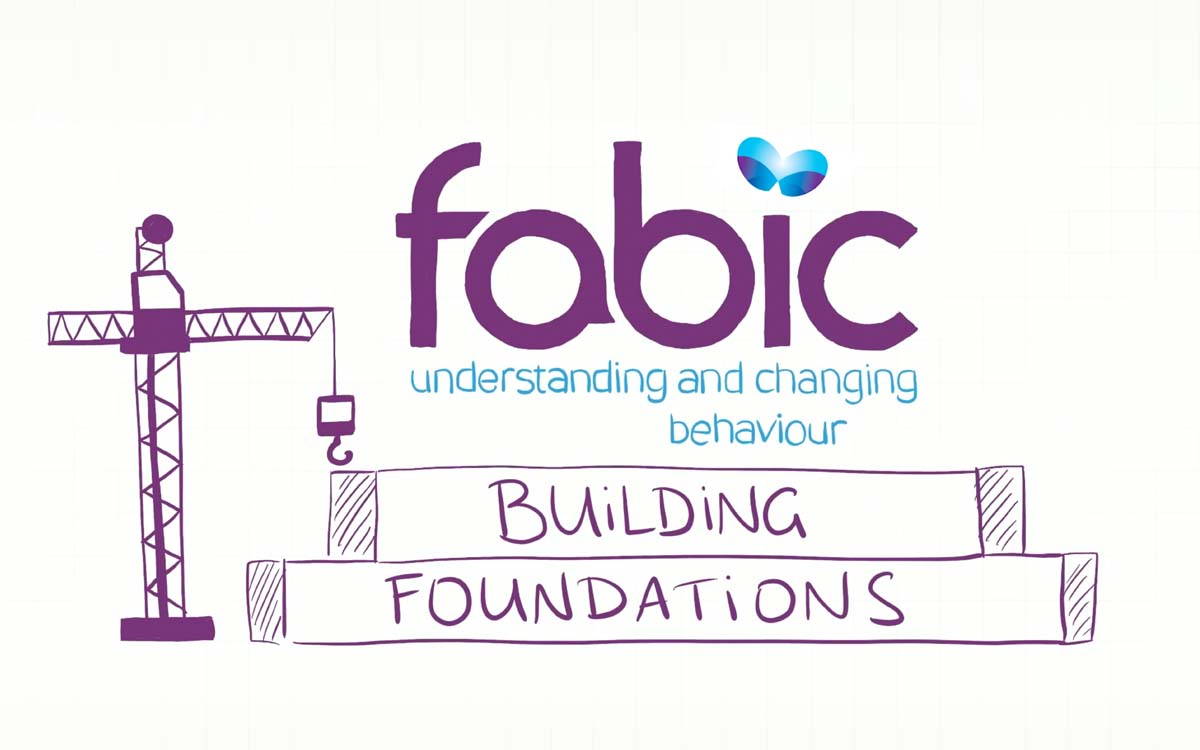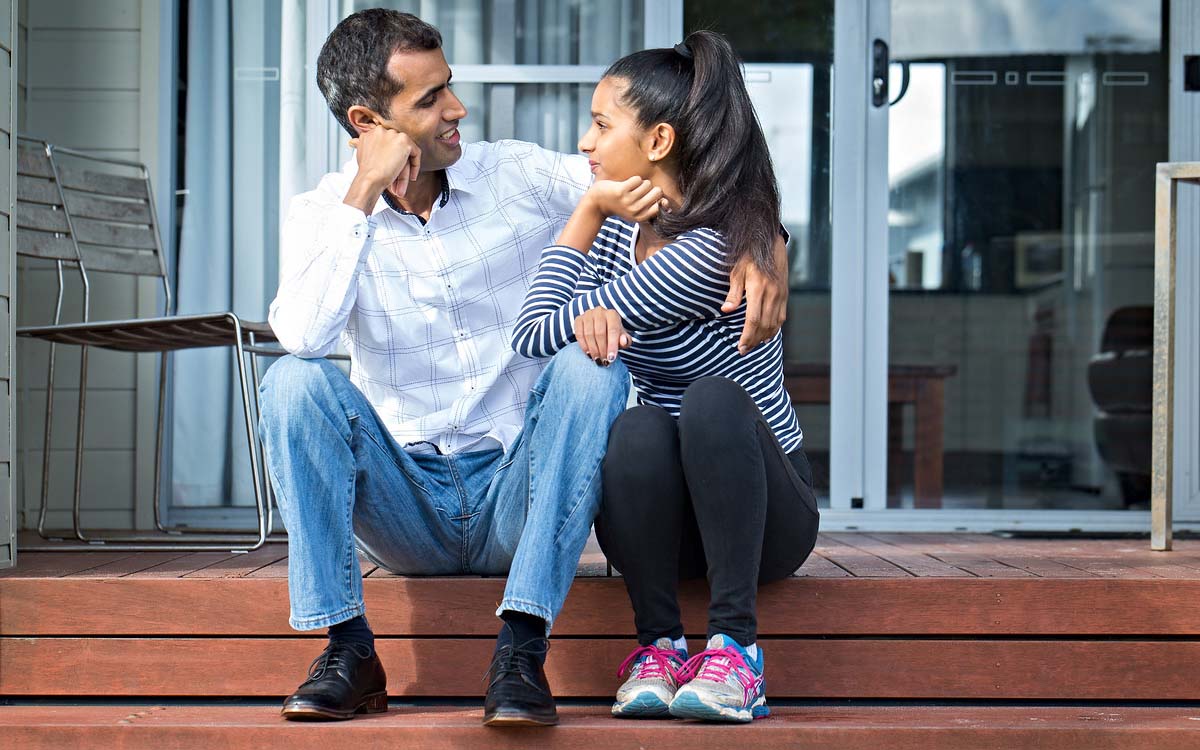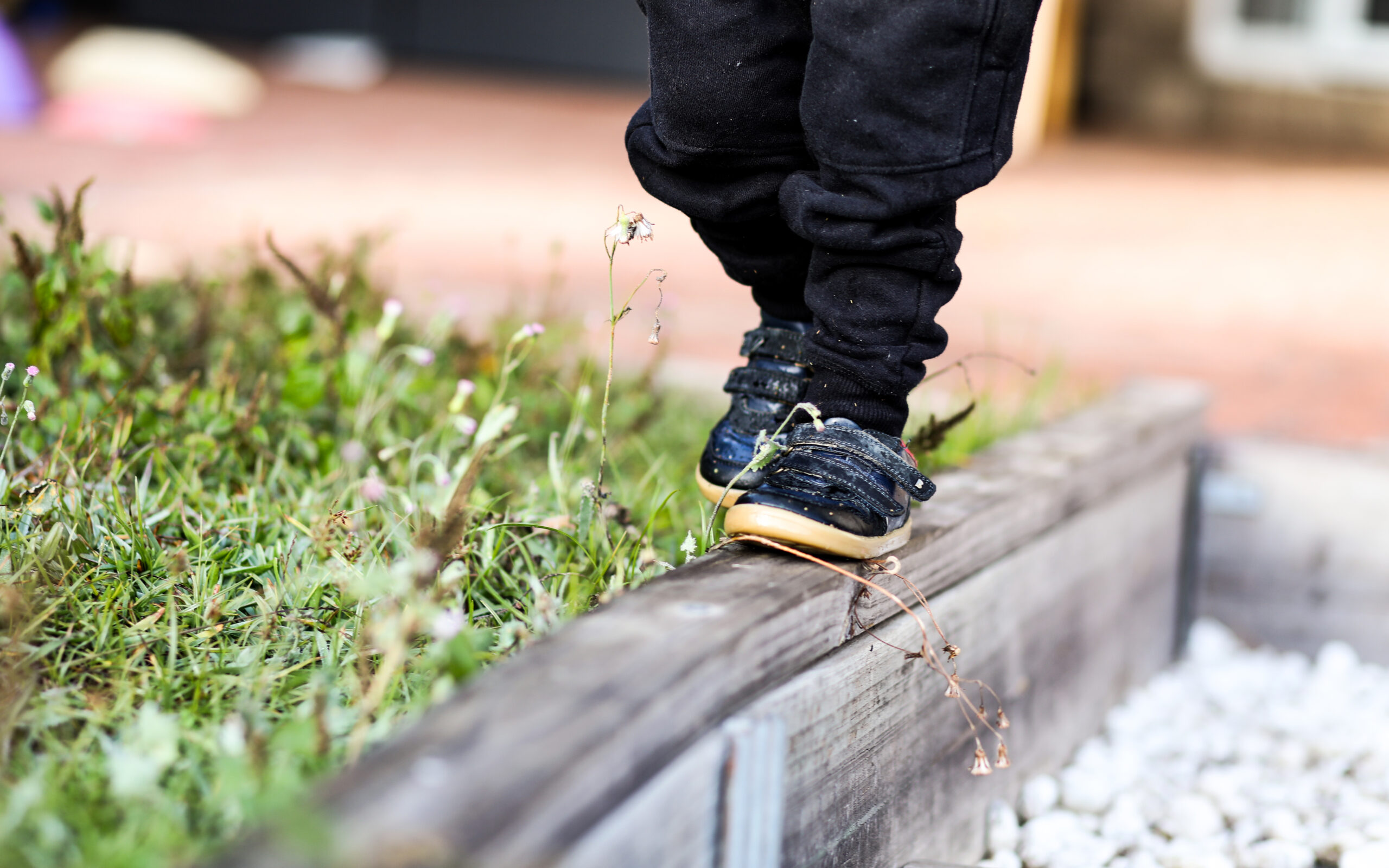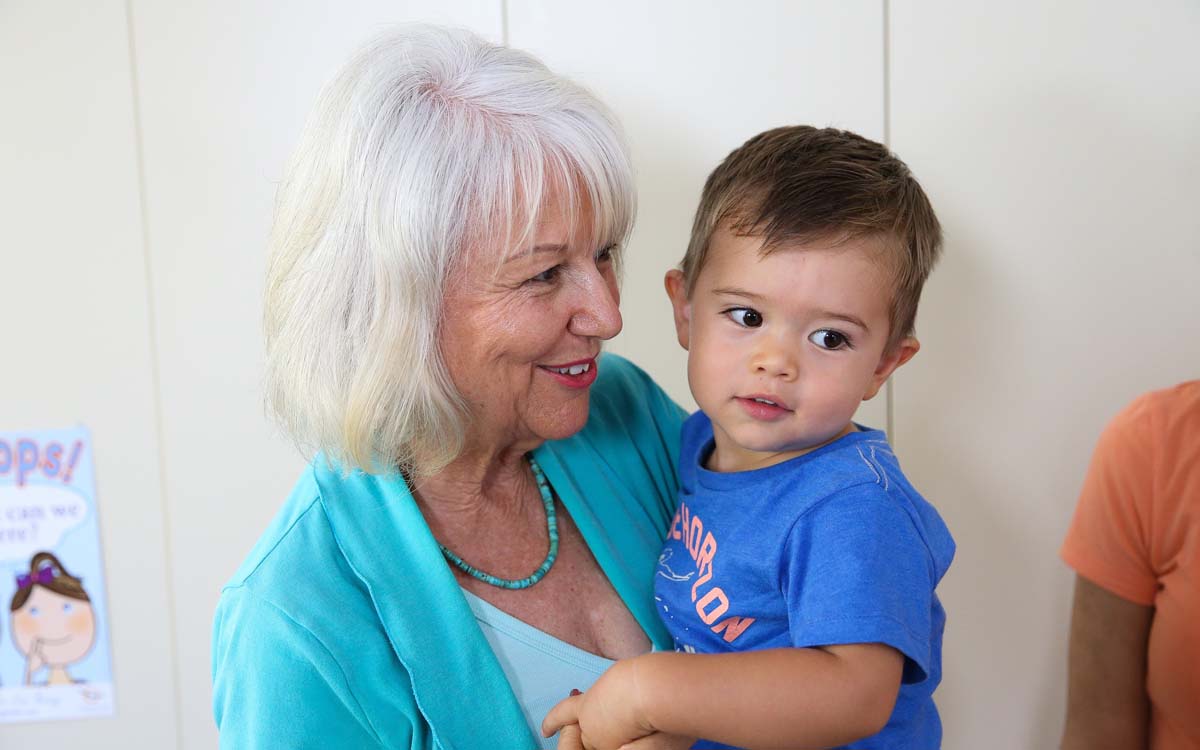There is at times so much that we really want to express – but often we don’t. Why is that?
Is it possible that anxiety is a factor here? And hence, is it possible that anxiety and expression go hand in hand?
For example, you might have wanted to:
- Say how you are truly feeling … but you didn’t.
- Speak a truth that you sense another will react to … so you didn’t.
- Tell someone how much you appreciate them and all that they bring … but you didn’t.
- Bring up a topic that may be confrontational … but you didn’t.
- Say something that you know the receiver may not want to hear or welcome … and thus you didn’t.
- Share how amazing you feel … but you didn’t.
Anxiety is a worldwide epidemic, albeit often a hidden one as we tend to associate it mainly with more extreme anxiety-related behaviours and conveniently ignore what we have normalised.
Fact: Anxiety is a symptom that is experienced by most, if not all, in varying intensity.
But what if much of our anxiety is exacerbated when a person does not feel safe to express all that is there for them to express? Would this not mean that our world epidemic is not expressing our truth rather than anxiety?
So, why don’t people feel safe to express?
There are many possible answers – so many that it is an endless list. But for starters, how about … when a person expresses, there are two possibilities when it comes to how it is received:
- A response – the wanted or preferred outcome from another
- A reaction – the unwanted or non-preferred outcome from another
So, homing in on point two, which is summarised in one single word . . .
REACTIONS
… are they worth exploring in this context?
There is a lot we can learn about the difference betweena reaction and a response. Mainly,we feel equipped to deal with a response but when it comes to reactions, that’s a whole different matter.
Therefore, it is not that a person necessarily fears expression; rather, they may not always feel equipped to deal with the reaction that can come their way after they do express.
Reactions from other people can include:
- Judging someone or something to be right or wrong based on what has been said
- Feeling angry, sad, frustrated, annoyed or some other unwanted emotion in reaction to what has been said.
- Yelling, crying or the dreaded silent treatment.
- Jealousy because of what has been expressed.
Every one of these reactions, and they are only a fraction of a very long list of possibilities, is an example of what we shy away from and seek to avoid.
Yes, we live to avoid reactions – the reactions of other people as well as our own and thus we hold back expressing all that is there to express.
Is it possible that an antidote to many situations of experienced anxiety and thus a support for mental wellness is to simply provide a platform free of judgment and reaction, where every person in this world can feel safe to express all that is there for them to express?
What if everyone in this world took responsibility for –
Providing a platform for themselves to feel safe to express,
while equally . . .
Providing a platform for themselves to feel safe to express,
Would this then pull the carpet from underneath those reactions and allow all of us to share and express what is there to express?
Body Life Skills
The classroom of life and the forever student and teacher of life
What if learning goes far beyond the traditional classroom and is not just associated with school and other educational settings?
What if our livingness, our every moment in life, the way we move and do things, were an opportunity to learn and evolve? What if we actually spend every moment of every day in the classroom of life?
It is unquestionable that every day we all wake up to our classroom called life which is filled with a continuous and never-ending supply of lessons, opportunities and challenges. Many aspects of life are presented time and time again, ready to be self-mastered … when the willing student is unwilling no more and says yes!
There are many things life presents to us:
- Relationships
- Tasks we don’t yet know how to do
- Difficult moments
- Death, loss and failure
- Ill health
- People we find challenging or don’t do what we expected of them
- Reactions from those around us
- The word ‘no’
- Rejection
- Jealousy
- Financial challenges
- Our shoulds, wants and expectations not being met, our pictures and attachments not coming to pass = our smashed pictures
- Feelings and awarenesses we find challenging
- Life lessons
What if these situations are not as bad as we make them out to be? Could we see them as opportunities – as life lessons we are YET to self-master. After all, no one has mastered all parts of life.
Is it then possible that many behavioural challenges, relationship issues, feelings of anxiety, mental health concerns etc. can be traced back to usresisting the lessons on offer in our forever classroom of life?
For example:
- A person having a tantrum in the shop may not yet have developed the skills to respond to the word ‘no’ (life).
- A person with depressive behaviours may not yet have developed the skills and understanding of how to respond to the death of someone close to them (life).
- A person being abusive may not yet have developed the skills and self-acceptance to respond to rejection (life).
- A student ripping up what they have written may not yet have developed the skills and ability to self-review and respond to making a mistake (life) or receiving a correction (life).
- A person calling another a cheat may not yet have developed the skills to respond to losing (life).
- A person attacking another may not yet have developed the skills of observation and response instead of reacting to being judged by others (life).
What these examples have in common is that a person’s body reacts when there is a part of life they perceive they have not yet developed the skills to respond to. And thus, they do not embrace the life lesson before them; rather, they react or remain stubborn in what could be described as their ‘safety mechanism’ for coping with what life has presented.
Thus, lasting behaviour change can only occur when a person has learnt, developed and applied the required skills and thus knows what is needed to respond to what life is presenting.
Life provides and bestows many titles – whether that be mother, father, CEO, cleaner, accountant, specialist, athlete, etc. however, titles do not come close to describing our true roles. Title, age, gender, height, culture, social status, qualification, background, religious orientation, etc. do not matter when everyone in this world carries the same true roles:
- A forever student of life
- A forever teacher of life
As a forever student of life, when our body reacts, even in the slightest way, we simply ask from an inquisitive and non-judgmental perspective:
“I wonder what skills I need to learn and apply so I can respond and no longer react to this part of life?”
A forever teacher of life will observe another person’s reaction, even the slightest of reactions, and ask from the same inquisitive and non-judgmental perspective:
“I wonder what skills this person needs to learn and apply so they can respond and no longer react to this part of life?”
And…
“If I have developed the understanding and these skills then I know I have a skill to share when a willing student appears (in their and not my timing).”
These steps form a continual cycle, as life will NEVER stop presenting lessons for us all to either learn or teach; hence, we all contribute and are forever students and forever teachers of life.







